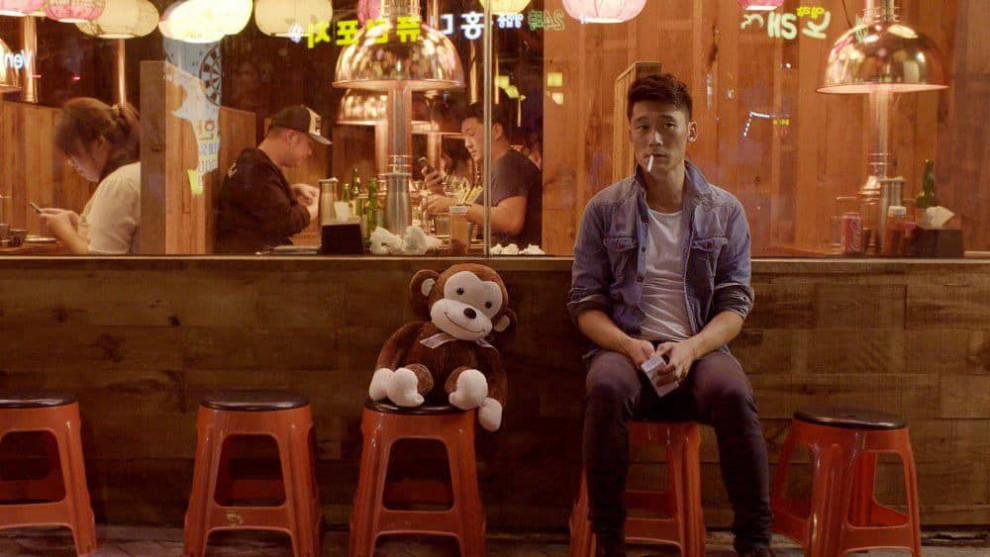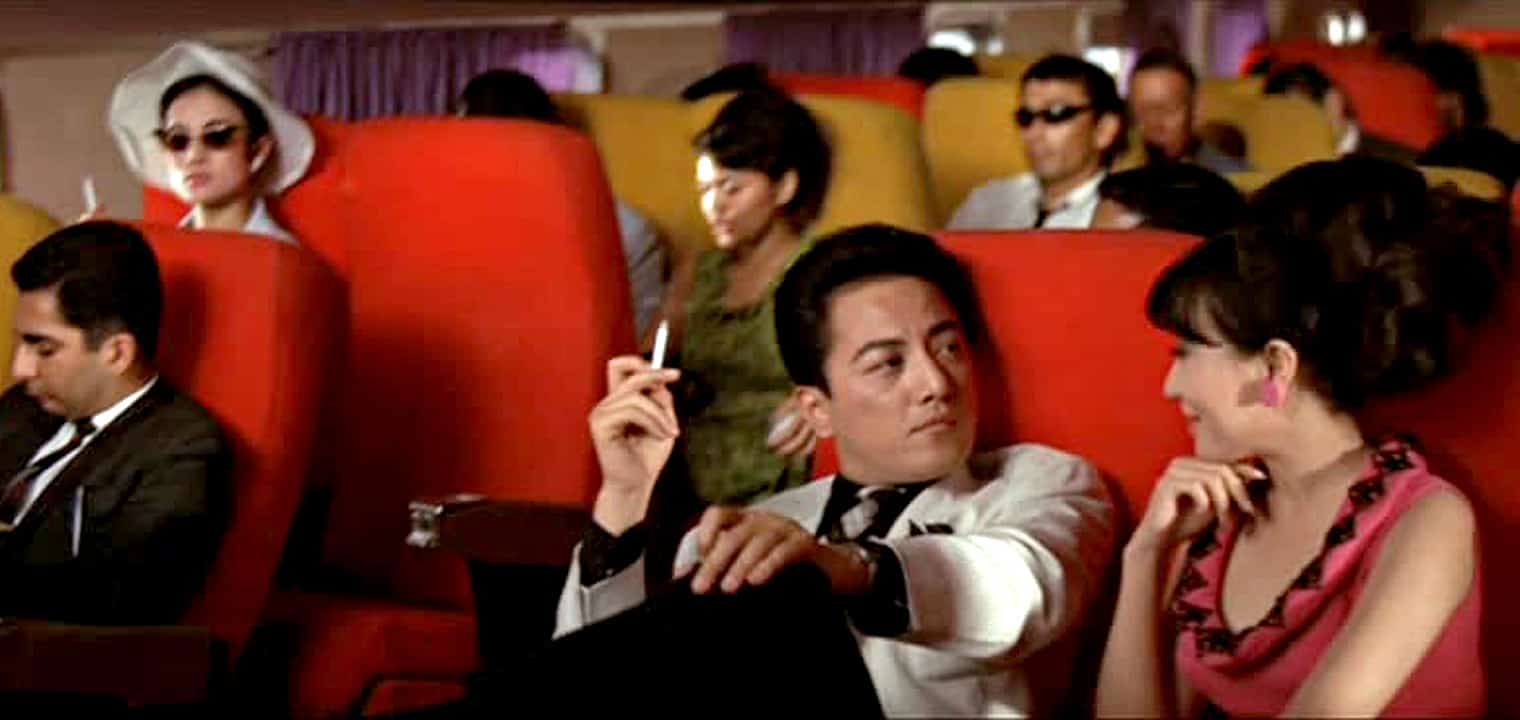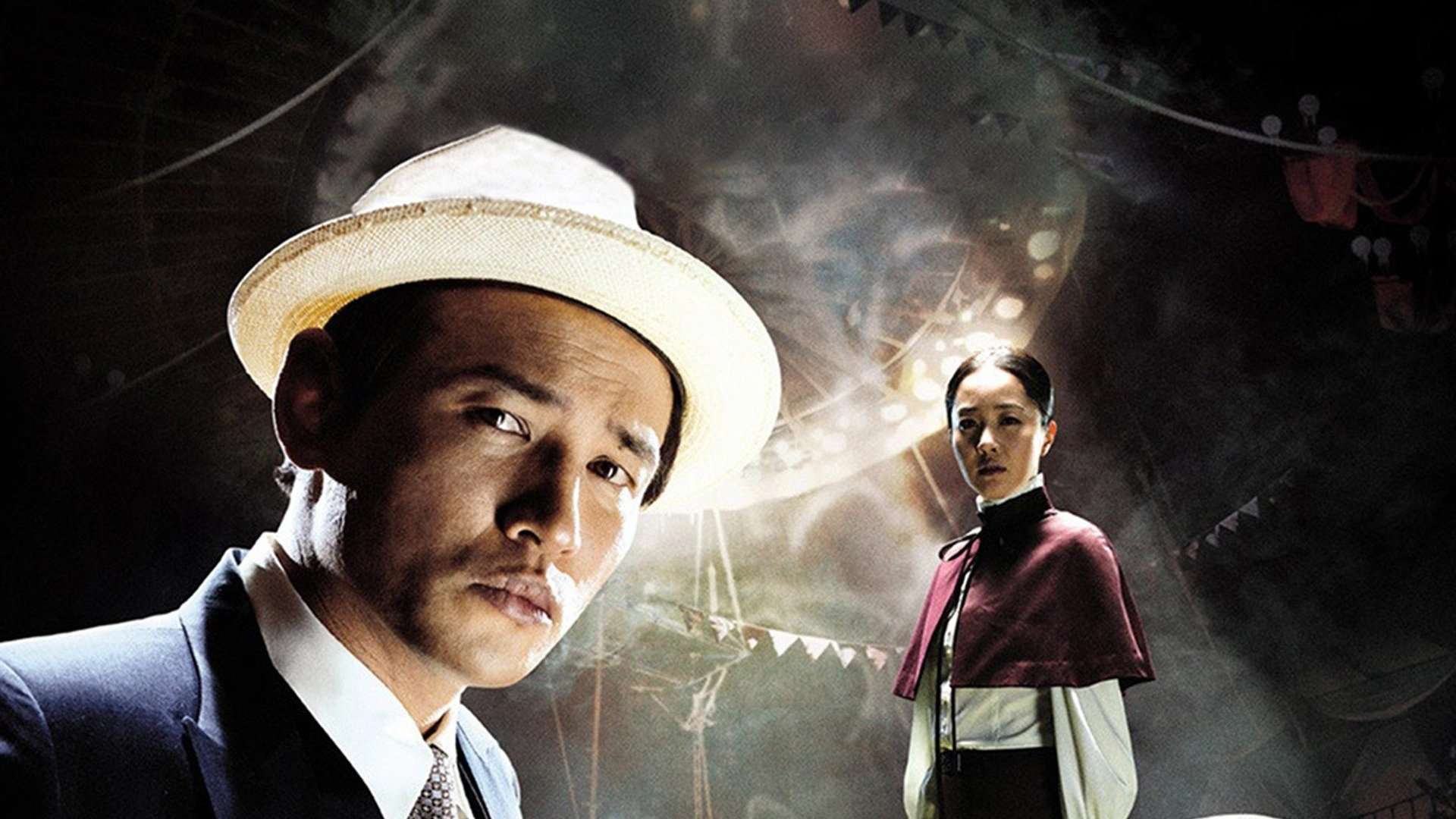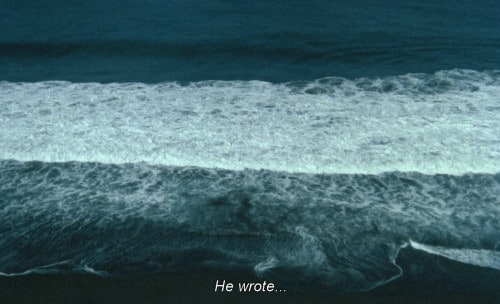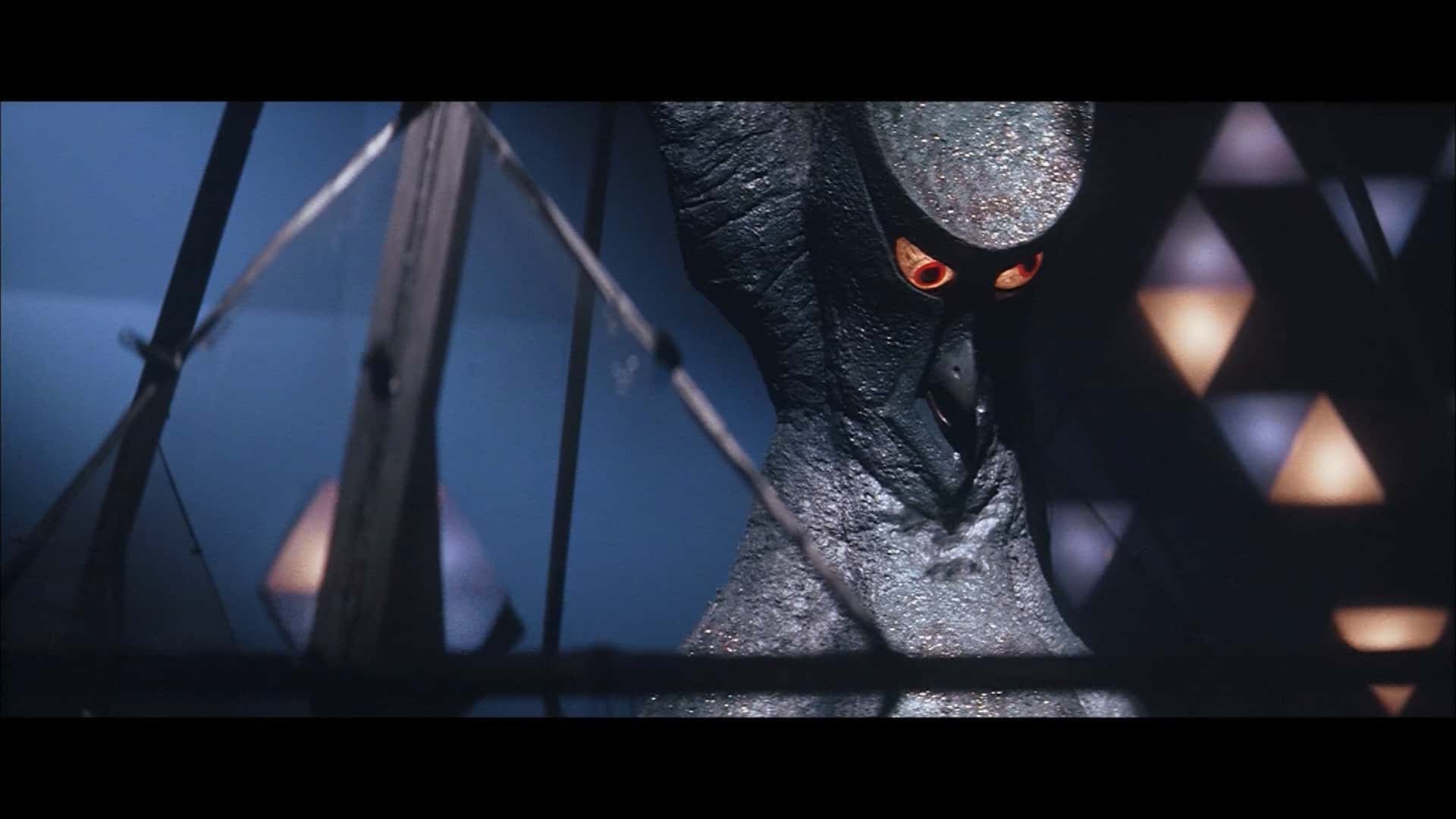“All children are beautiful when they're loved.”
During the last years, an increasing number of films, fiction and non-fiction, deal with the issue of dislocation. Whether we are talking about works such as Maren Wickwire's “Together Apart” or Kaori Oda's magnificent “Toward a Common Tenderness”, issues like identity and home have become more and more important in the global village. Considering economy and culture have become globalized, the development should not come as a surprise, its spiritual repercussions, however, will have a long afterlife. And many artists sense the topic as one we need to talk about and deal with more sensitively.
The Return is screening at London Korean Film Festival

Regarding these issues, Malene Choi Jensen feature debut “The Return” marks another interesting perspective to the topic, one which is deeply personal to the Danish director. Born in Korea, she was given away for adoption after birth and “The Return” is, in many ways, her artistic way of dealing with the experiences of returning to Korea after 20 years and attempting to find her real mother. During an interview on the occasion of her film's screening at the International Film Festival Rotterdam 2018, she talks about the difficulties she faced during her first stay in Seoul in 2007. Apart from her search eventually turning out to be futile, she also remarks on how her expectations prior to her first visit would change over time. Although one might think being back “home” would make her feel complete or at peace, she felt rather “out of place” and “alien”.
During her time in Korea she got the idea for a film which would depict adoptees in Korea and their search for their parents. In an interview with ATK magazine, the director describes her meeting with a British researcher, claiming adoption in Korea resembles “human trafficking” and the process of getting into contact with your biological parents was very difficult due to various bureaucratic hurdles. After her research, which included over 200 interviews with other adoptees, she began planning the film along with screenwriter Sissel Dalsgaard Thomsen. Eventually she also made the decision to deviate from the documentaries she made before resulting in “The Return” being a “hybrid” between fiction and documentary.

In the film, Karoline (Karoline Sofie Lee) arrives in Seoul attempting to find her biological mother. Staying at the Karoot guesthouse for adoptees, she makes the acquaintance of people sharing a similar fate like her, among them Thomas (Thomas Hwan), also from Denmark. Even though her first encounters with Korean bureaucracy are less fortunate and quite discouraging, Thomas gives her new hope and becomes her companion in her search. During their search and because of the various experiences of the others in the house, her past eventually catches up with her: her struggles to be accepted as a child, the bullying and also the racism in her everyday life.
Although “The Return” is a very personal film for its director, the challenge is obviously to transport the kind of feeling the character goes through, the emotions Choi Jensen also describes in the interviews. Accordingly, the effort she, her cinematographer Catherine Pattinama Coleman and editor Julius Krebs Damsbo created, is a work which often visually mirrors the feeling or dislocation and loss of orientation. This is evident, for example, in the design of the opening, which combines a series of various scenes, some of which may be flashbacks, some of which may be in the present, reflecting Karoline's state of mind as she arrives in Seoul. This kind of sequence is used in two more instances in the film marking significant emotional developments in Karoline as well as Thomas in their individual search.
As a whole, the film works, perhaps more like a documentary than a work of fiction. Even though the story of Karoline and Thomas is fictitious, within the context of the other adoptees at Karoot, their stories become part of a much puzzle. In a sequence showing the inhabitants of the house enjoying the Korean nightlife, the notion becomes more important, more palpable for the viewer when they are describing their experiences of being singled out and feeling like an alien. Paradoxically, this feeling is also the result of the various, emotionally exhausting meeting with Korean officials who seem to be more in the way of answers than actually providing anything substantial for their searches. As a result, the various stories about being neglected, feeling lost, but also experiences of joy when finally a search is successful define a chorus of various voices, a larger canvas of stories about identity and home.

One of the most important aspects is the performances by Lee and Hwan as the film's central characters. Both carry a brittle surface, hiding the injuries and suffering of not knowing who you really are and where you are from. In their scenes together and with the other characters they add a significant layer to this humane story, resulting in a surprising emotional impact in various scenes. You can relate to the anger as Karoline's repeated inquiries about her mother are left unanswered or offer no clue, while at the same time you understand how Thomas is affected by the story of a man disowned by his foster parents because of his search.
In conclusion, “The Return” is an impressive hybrid of non-fiction and fiction. It is a story about identity, abut finding who you belong to and where, as well as the various obstacles in the way of that search. While staying away from the melodrama such a story may attract, Choi Jensen and her crew and cast remain authentic in the approach creating a significant emotional punch for its audience in its final third.
Sources:
1) iffr.com/en/persons/malene-choi-jensen, last accessed on: 10/23/2018
2) Lim, Paige (2018) Between Two Worlds (interview)
iffr.com/en/blog/between-two-worlds, last accessed on: 10/23/2018
3) Zimmer, Cindy (2018) Hot Docs Interview: Malene Choi Jensen
atkmagazine.com/2018/05/14/hot-docs-interview-malene-choi-jensen-the-return/, last accessed on: 10/23/2018


